Publications
Articles, publications, books, tools and multimedia features from the U.S. Institute of Peace provide the latest news, analysis, research findings, practitioner guides and reports, all related to the conflict zones and issues that are at the center of the Institute’s work to prevent and reduce violent conflict.

China, Philippines Tensions Risk Wider Conflict that Could Draw in the U.S.
In yet another act of Chinese aggression in the South China Sea, a Chinese Coast Guard vessel employed a water cannon last weekend to redirect an unarmed Philippines Navy supply boat. The incident took place in disputed waters near the Second Thomas Shoal. China claims the shoal and nearly all of the South China Sea as its own, but an international court has said both the shoal and surrounding waters belong to the Philippines.
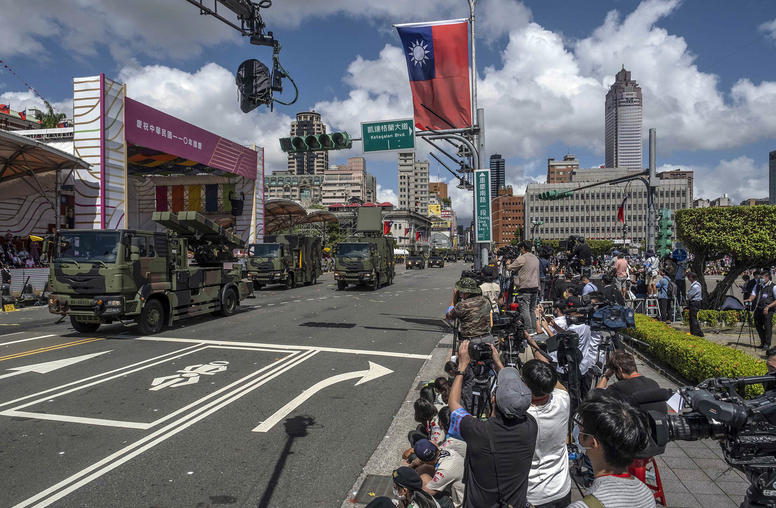
How to Break the Impasse in U.S.-China Crisis Communication
Despite the clear (and arguably growing) possibility of a future Sino-American crisis or even conflict over Taiwan or some other contentious issue and the fact that senior American and Chinese leaders have at times endorsed the need for more effective crisis avoidance interactions, little of real substance has actually been done to address the danger. Indeed, military-to-military talks have been on pause since Beijing suspended them in August 2022 after then-speaker Nancy Pelosi’s trip to Taiwan. As U.S.-China competition continues to intensify, it is critical that Washington and Beijing break this impasse by devising fresh approaches to avoid conflict altogether.
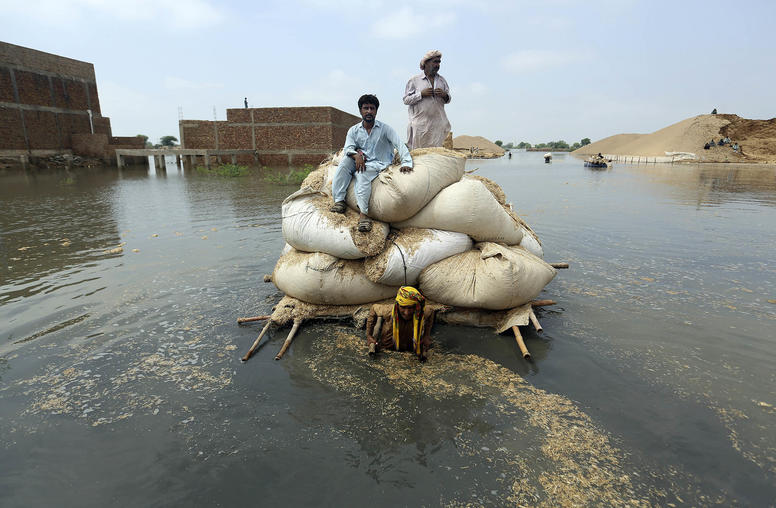
Displaced to Cities: Conflict, Climate Change, and Rural-to-Urban Migration
Countries as geographically diverse as Honduras, Jordan, and Pakistan are experiencing a common challenge—rapid growth in urban populations as conflict and climate-induced disasters push people from rural areas into cities. This report examines the effects of this increased urban migration on both the migrants and the urban environment, as well as the challenges policymakers face. It offers recommendations to help meet the needs of growing urban populations and develop adaptive, resilient systems to better withstand the impacts of climate change and conflict.
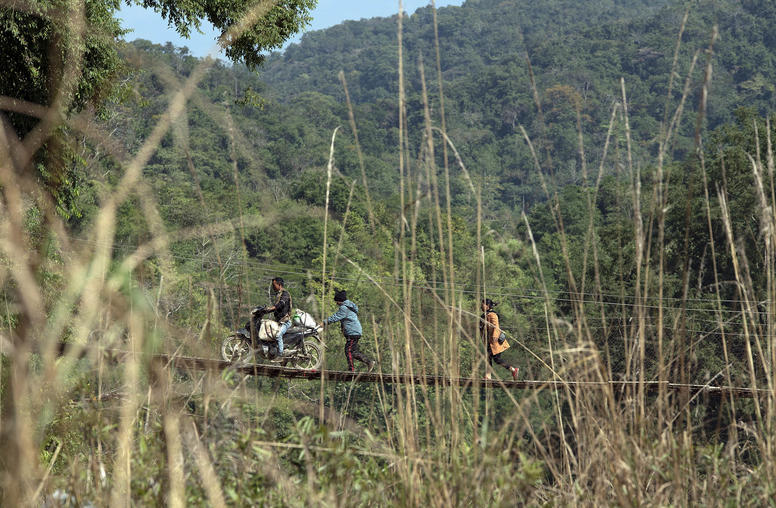
Time is Running Out for India’s Balancing Act on the Myanmar Border
India has had a simmering crisis on its northeastern border since the Myanmar military’s February 2021 coup d’état. Over 50,000 civilians have fled across the border from Myanmar’s Chin State and Sagaing Region into India’s northeast. New Delhi has maintained a delicate balancing act, allowing refugees into the country but refraining from political pressure on the junta and its State Administrative Council (SAC). However, as the situation in Myanmar continues to worsen, India will need to rethink its position before the fallout seriously threatens its interests.
Tracking the Evolution of Conflict: Barometers for Interstate and Civil Conflict
This paper presents news ways to track violent conflict over time, providing conflict barometers for interstate and civil conflict, respectively. After critiquing previous efforts at measurement, the authors discuss general principles concerning the utility of conflict barometers. The interstate barometer is based on establishing a baseline for the relationship between a pair of states and then using the incidence and severity of militarized confrontations to track variations around those baselines. The resulting Interstate Conflict Severity Barometer (ICSB) is scaled from 0 (no violent conflict) to 1,000 (rivalry plus severe militarized confrontations) for 2,631 different state-state relationships over the period 1900–2015.
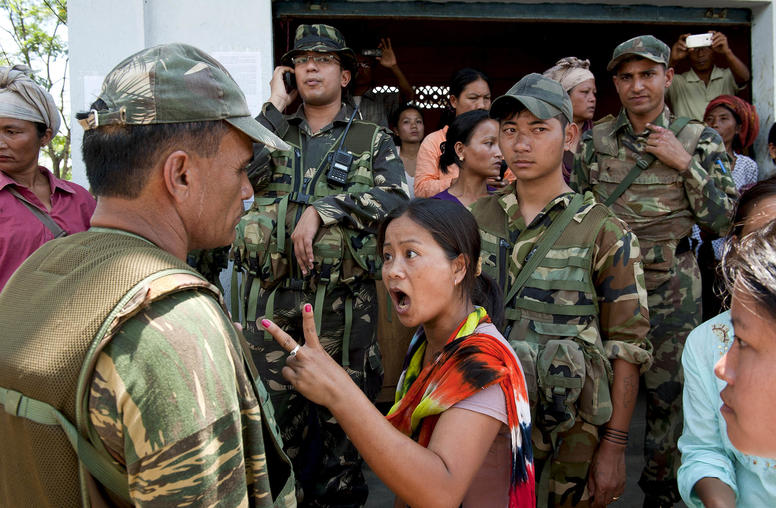
Understanding India’s Manipur Conflict and Its Geopolitical Implications
Since May 3, the northeastern Indian state of Manipur has witnessed repeated inter-ethnic clashes primarily between two local ethnic communities, the Meitei and Kuki. The violence has resulted in over 75 deaths and the burning of at least 1,700 buildings (including homes and religious sites). More than 35,000 people are currently displaced as well, with many now living in one of the 315 relief camps in the state. As the fighting continues, these numbers may also be rising.
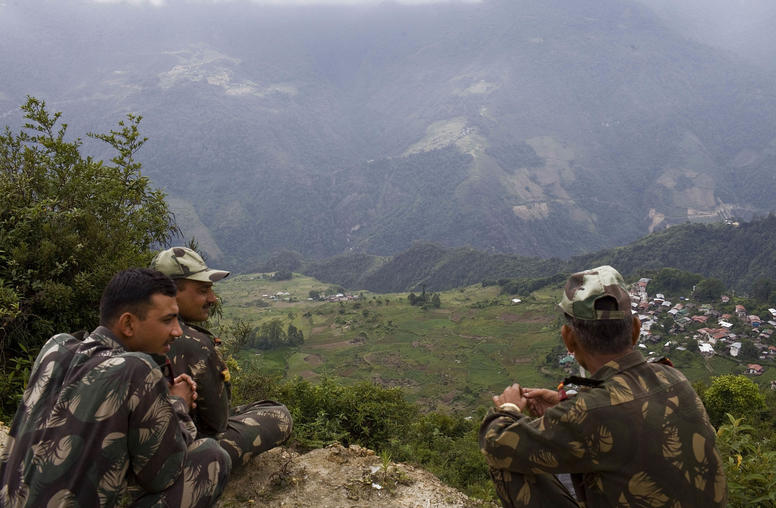
Why We Should All Worry About the China-India Border Dispute
The December 2022 clash between Chinese and Indian troops along the two countries’ 2,100-mile-long contested border — known as the Line of Actual Control (LAC) — highlights a worrying “one step forward, two steps back” trend. This brawl was the worst since 2020, when fighting in the Galwan Valley took the lives of 20 Indian and at least four Chinese soldiers. Although these clashes are often followed by dialogue and other steps to reduce tensions, both sides have increasingly militarized their border policies and shown no indication of backing down. And the situation on the border remains tense, as Beijing and New Delhi are hardening their positions on either side of the LAC, with the potential for escalation between the two nuclear-armed powers.
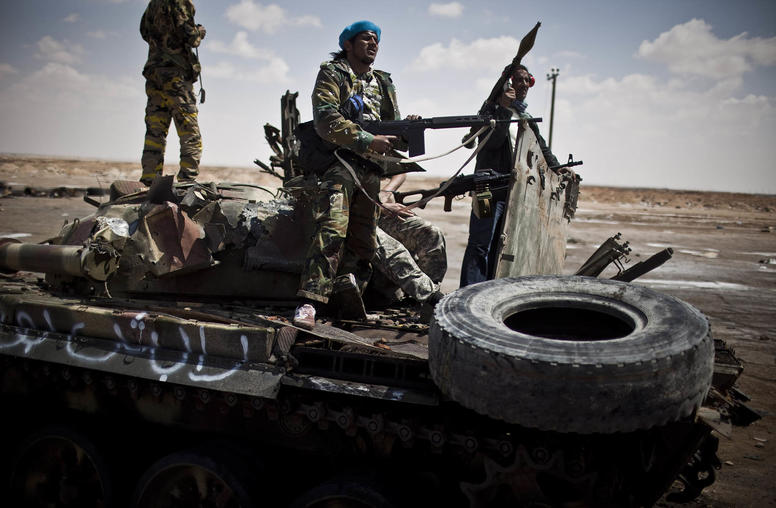
Libya Can Move Past Its Political Deadlock, But It Will Take Work to Maintain A ‘Deal’
Since 2012, multiple failed political transitions have taken their toll on the Libyan people. The continued and increasingly complex internal divisions and external vectors affecting Libya threaten to send it into another spiral of crisis and violence. Local and national leaders working in good faith to stabilize the country have inevitably grown cynical as ruling elites and their international partners fail to deliver local security and good governance.
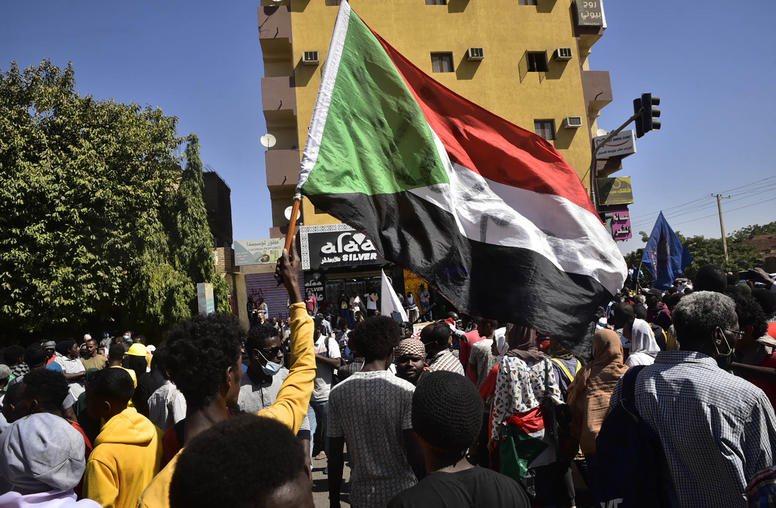
Sudan: Engage Civilians Now, Not Later
Over the last month, a series of cease-fires in Sudan have yielded minimal results. Fighting between the Sudan Armed Forces (SAF) and the Rapid Support Forces (RSF) has continued and even intensified in some places. While the capital Khartoum and areas surrounding key infrastructure remain the core battlegrounds, the clashes have spread into other parts of the country.
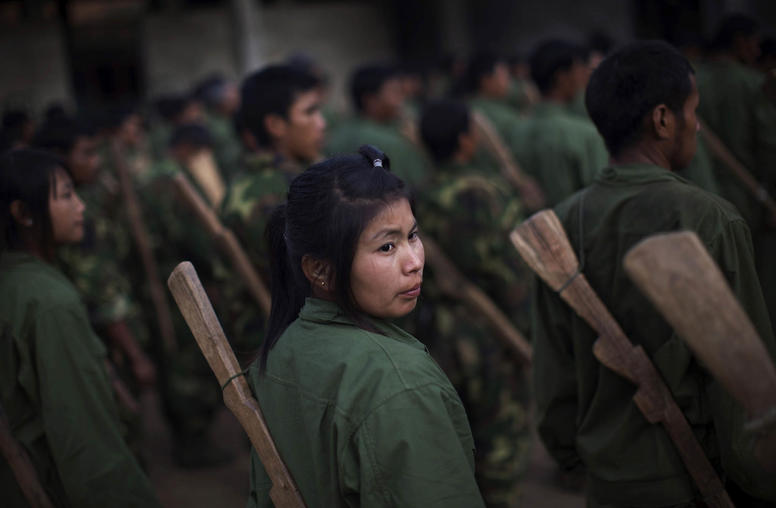
Amid the Fight for Myanmar, Federalism Rises from the Grass Roots
On April 11, Myanmar’s ruthless military dictatorship showed just how much it fears the emergence of local governments that have slipped beyond its control. As about 200 villagers in the Sagaing region celebrated a new administrative center after junta-controlled officials had fled, fighter jets swooped in and dropped munitions on the crowd. When people sought to retrieve the dead and injured, an Mi35 helicopter arrived and circled, strafing the scene. At least 170 people, including women and children, died in the attack.